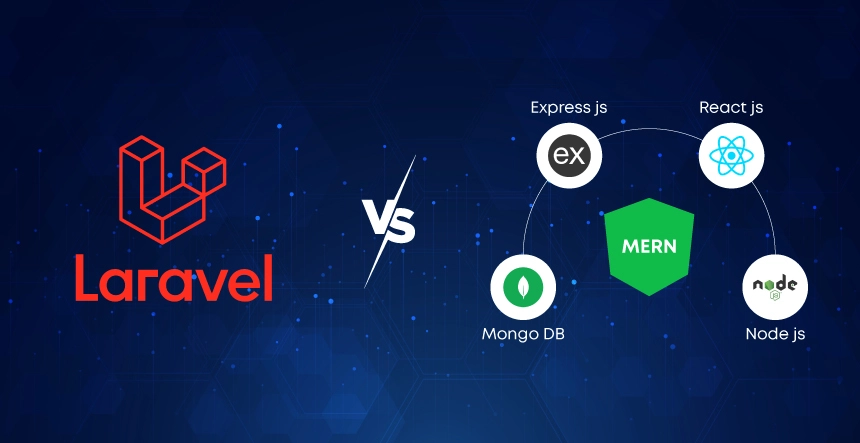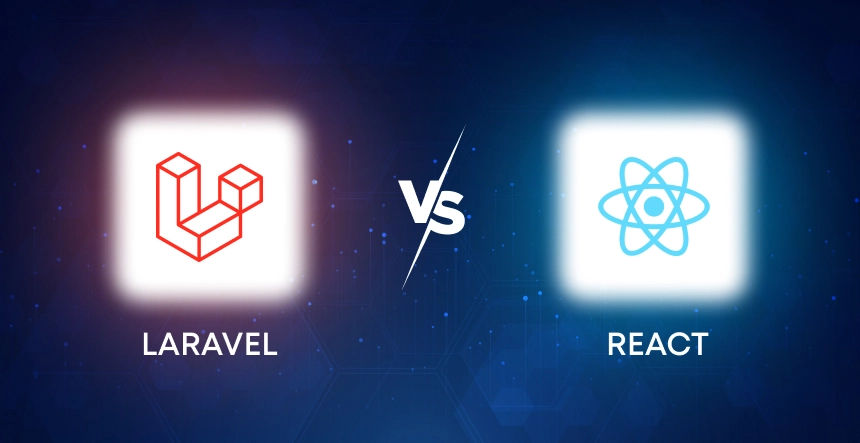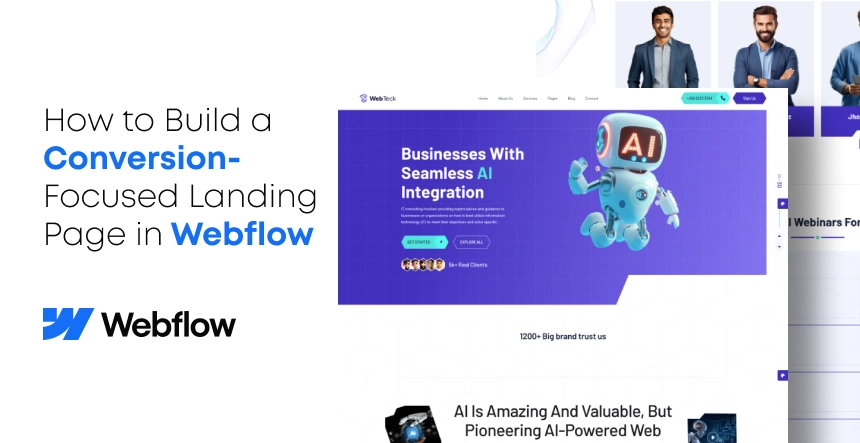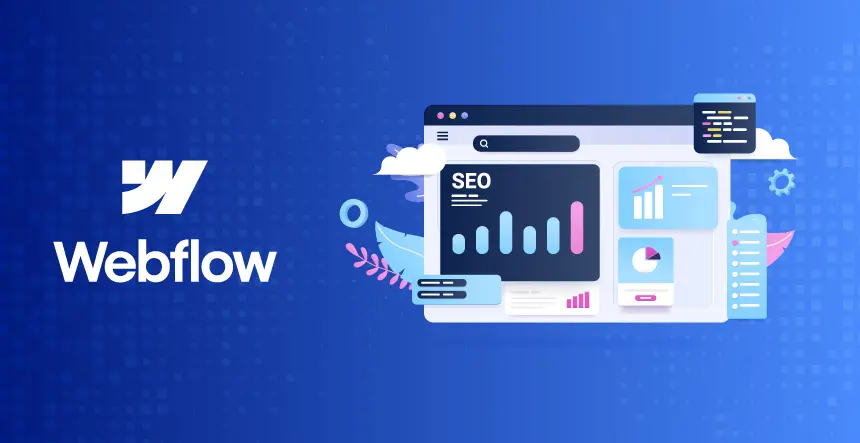Developing a successful app requires hours of planning, designing, coding, functional testing and efficient marketing. But the most important question is to ask whether you want your mobile application to be a web based mobile app or a native mobile app. Both web and native apps have its own pros and cons and can be used for different purpose. Here we have discussed some of the basic features of both web and native mobile apps.
What is Native Apps?
Native mobile applications are the apps developed specifically for the mobile or tablet devices. Users need to download the apps from the app stores like iTune app store or Google Play Store and needs to install the app to get access of it. Native apps are comparatively Fast, Efficient and Expensive that run on the operating system of the mobile devices.
What is Web Apps?
Web Apps are generally developed for the cross platform compatibility that run on the web browser of the phone or tablet device. You don’t need to download the app in your devices to get access of it. It works in synchronization with the mobile browser. As it is a web based applications, users have to have Internet connection enabled while accessing the web apps.
Both native and web apps works best in certain circumstances. Selection of any one of these depends on lots of technical factors and application requirements. Application efficiency, accessibility and compatibility are the major aspects to consider the application development. Let’s have a look on how web and native apps go with these three major aspects.
Compatibility
Web apps typically get developed to provide the cross platform compatibility to the users. It means a single version of the app executes well on different platforms and devices. It can be developed using web based application frameworks like JavaScript, HTML5, CSS3 etc. Web application requires the constant Internet connection and the app’s processing speed highly depends on mobile data signals or the Wi-Fi connection. On the other hand native apps run on the operating system of the mobile devices. That means developers need to develop different versions of the same application for different mobile operating systems. As such apps are downloaded in device it doesn’t require Internet connection in majority cases.
Accessibility
Native apps work as a separate entity on the mobile device. That’s why users have to manually check for the app updates to download and install the update. Web apps can update itself without the need for user intention, but it necessarily needs to be updated via mobile browser. Users can access the native apps from the app stores, but there are no app stores for the web apps. App submission in respective app store is necessary for the native apps while it is not compulsory in case of web apps. Native apps do have the access of device hardware, but web apps can’t approach hardware.
Efficiency
Native apps are faster, efficient and expensive as compared to web apps. Native apps work on the mobile operating system, so they are totally compatible with the native device features and hardware. The compatibility with the default device features help users getting continuous, customized and efficient output. On the other hand web apps can end up as an expensive decision because of the maintenance cost across different mobile platforms. Where web apps provide little offline storage, native apps offer better offline storage while providing the better user interface.
Browsing speed, mobile optimization, user interface, voice reorganization, level of access of hardware, basic requirements and functions of the application are some of the other features that you must consider while choosing between web and native applications. I hope this comparison will help you with your app development decision. If you find any other feature that significantly affects the decision-making process, share with us in the comment box below.







